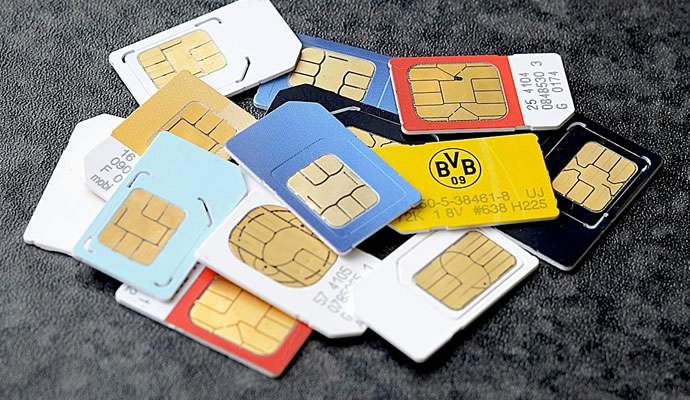Since the Nigerian government introduced the Subscriber Identity Module-National Identification Numbers linkage policy in December 2020, over 40 million phone lines have been disconnected for failing to link their SIM cards with their NINs by the February 28 deadline. This initiative, spearheaded by the Nigerian Communications Commission and the National Identity Management Commission, aims to enhance security measures within the telecommunications industry.
However, the process has been marred by challenges such as long queues at enrolment centres, overwhelmed telecom agents, and technical glitches. Many Nigerians have expressed frustration with the process, citing difficulties in obtaining their NINs and incomplete registrations due to network issues.
Despite the disconnections, concerns have been raised about the effectiveness of the initiative in combating rising cases of scams and insecurity. Critics argue that the deadlines for linking SIMs to NINs have been too stringent, leading to inconvenience for many Nigerians.
In response to these challenges, the NIMC and the NCC have announced a strategic partnership to simplify the NIN-SIM linkage procedures and improve efficiency for subscribers. They are committed to enhancing security measures and service delivery by aligning policies and regulatory frameworks to facilitate seamless integration within the telecommunications ecosystem.
As the deadline for the final phase of disconnection approaches on July 31st, stakeholders are calling for more time to enable Nigerians to complete the linkage process without facing disruptions to their connectivity. The success of the SIM-NIN linkage initiative hinges on addressing these challenges and ensuring a smooth transition for all subscribers.









